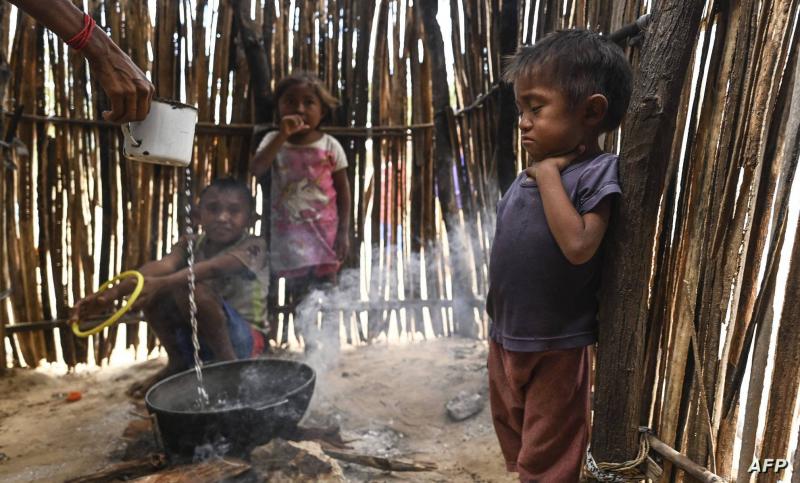The United Nations announced in a report on Friday that the number of people suffering from moderate or severe hunger worldwide has increased by about 745 million compared to the total number of hungry individuals in 2015, and that the world is still far from the right track in its efforts to achieve the ambitious goal set by the UN to eradicate hunger by 2030. This was stated in a report released by the Food and Agriculture Organization (FAO) ahead of a summit that the international organization will hold on sustainable development next week in New York.
The report noted that the world has not seen significant improvement in most food and agriculture-related goals, as the deadline for achieving the 2030 Sustainable Development Agenda approaches. The report said, "The ongoing consequences of the COVID-19 pandemic, alongside other crises such as climate change and armed conflicts, have had widespread impacts... Progress made in the past two decades has stalled, and in some cases, begun to reverse."
Global food insecurity sharply increased in 2020 as the pandemic disrupted food markets and led to rising unemployment rates, but hunger has not declined to pre-pandemic levels. The report pointed out that about 29.6 percent of the global population, equivalent to 2.4 billion people, experienced moderate or severe food insecurity in 2022, up from 1.75 billion in 2015.
Countries in the Global South are experiencing the highest rates of malnutrition, with hunger rates increasing significantly in the sub-Saharan African region. The report indicated that the world has not made any notable progress toward the goal of halving food waste, which has remained at around 13 percent since 2016, urging countries to formulate policies to reduce food loss.




